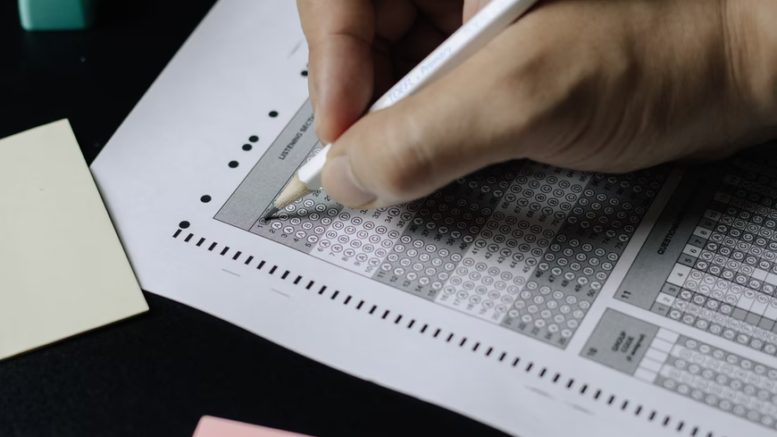When it comes to the recruitment process, it can be tough to determine specific skills and abilities of an applicant just from their resume, especially those that will need practical applications to be verified.
This is where cognitive ability tests come in handy; they provide recruiters an objective and convenient way to assess a candidate’s mental abilities, including those that can’t be determined from a cover letter or resume alone.
While these exams aren’t the only way to show hiring managers that you’re the right person for the job, it’s still a good idea to prepare for them to increase your chances of landing that position.
With that said, what exactly are cognitive ability tests, and what can you do to prepare for them?
An Overview of Cognitive Ability Tests
So, what are these tests, and what do they measure? Cognitive ability tests are assessment tests used in the pre-employment process to determine an applicant’s cognitive skills. These skills cover a wide range of brain capacities, such as your ability to learn, think, read, remember, reason, and more.
Recruiters use these tests to determine objectively and accurately a candidate’s mental abilities and see how well they’ll fit in the offered role.
Some examples of what these tests evaluate are your problem-solving and critical thinking skills, as well as your ability to pay attention to the small details and how well you understand the essence of texts (reading comprehension).
With that said, cognitive ability tests help complement other aspects of the hiring process, ensuring that recruiters find the right person for the job without factors like personal biases influencing their decisions.
How to Prepare for Cognitive Ability Tests
If your potential employer uses personality and cognitive ability tests as part of their hiring process, it would be a good idea to prepare for them to increase your chances of getting hired. Of course, there’s no definite way to prepare for them, but there are helpful tips you can follow, such as the following:
Identify Your Strengths and Weaknesses
These exams are designed to help recruiters identify where your strengths and weaknesses lie so that they can determine if you’re the right person for the job.
That’s why it’s a good idea to identify these yourself so that you’ll know what types of questions you may need to practice more.
Likewise, knowing what your strong and weak points are will help you take the test more efficiently, answering those you do know more quickly while allotting more time for concepts you’re not as familiar with.
Avoid Aiming for Perfection
While getting a perfect score on these tests can impress the hiring manager, this is often easier said than done. That’s why your goal should be to aim for answering as many questions correctly as you can, not perfection.
This way, you can finish the exam and give recruiters a more accurate view of what you’re actually capable of.

Practice
Getting enough practice before the exam day can also increase your chances of passing these tests since these will help you familiarize yourself with the exam and allow you to have a clearer idea of what to expect.
Fortunately, there are many online resources available you can use for practice, such as practice exams. These will allow you to have an idea of what type of questions you can encounter during the test.
Conclusion
Cognitive ability tests help recruiters determine how well a candidate would perform in a particular role, although they’re not the only way they can do this. Still, for applicants who want to showcase their compatibility with the vacant position, passing these tests can be an excellent way to do so.
